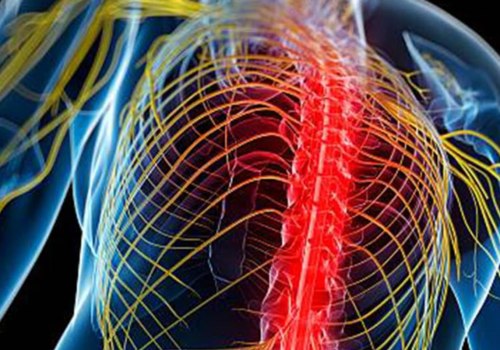Nonsteroidal anti-inflammatory drugs, or NSAIDs, help reduce swelling, stiffness, and joint pain in humans, and can do the same for your dog. They can provide relief to a dog with arthritis or one that has just had surgery. NSAIDs are usually safe for dogs and have few side effects. However, in some cases, they can cause or worsen kidney, liver, or digestive problems.
Because NSAIDs are often good for relieving pain, veterinarians don't usually prescribe other types of pain relievers. However, sometimes your dog may need more options. Your veterinarian may talk to you about gabapentin or tramadol. OTC pain relief for dogs is available in the form of nonsteroidal anti-inflammatory drugs (NSAIDs), but not all OTC pain relievers for dogs are safe.
Many pet parents want to know if it's safe for dogs. In the short term, aspirin is likely to be safe in most dogs, but it is not recommended for long-term pain control in dogs due to the risk of stomach ulcers and bleeding disorders. Before giving your dog aspirin, talk to your veterinarian about what dose you should give your dog for pain. Inflammation The body's response to irritation or injury is characterized by redness, warmth, swelling, and pain.
In addition, these natural pain relievers for dogs usually do not provide sufficient relief on their own for dogs with moderate to severe pain, and may need to be combined with additional medications to provide adequate relief. Both laser therapy and acupuncture tend to be more useful in pets with chronic pain, but improvement can also be seen with other types of pain. Acupuncture, ideally performed by a certified veterinary specialist, is another option that can be used when pain relievers are not enough. If the client can recognize a possible reaction and stop taking the medication while seeking veterinary care for the dog, quick action can make the difference between a good outcome and a disaster.
NSAIDs are used to control signs of arthritis, such as inflammation, swelling, stiffness, and joint pain. By accompanying each NSAID prescription with the Dog (Cat) Owner Information Sheet, the owner has a practical reference of valuable safety information and contact information for the pharmaceutical company. When a person experiences pain, they can go to the pharmacy to choose one of the many options that will help manage their pain, including over-the-counter (OTC) and prescription medications. With active lifestyles that extend into older ages, dogs are often diagnosed with osteoarthritis or undergo surgical procedures and post-operative pain treated.
We recommend that pet owners work with their veterinarians to make medication decisions, including the use of over-the-counter medications, vitamins, herbal supplements, flea control products, and other medications. As with any medication, veterinarians should discuss the benefits and risks of medications with their customers when prescribing an NSAID. Therapeutic laser is an alternative treatment for pain when medications don't help or can't be used. The laser used falls within a type of laser classification that offers an improvement in pain and healing speed.
With a few exceptions, dogs should not take medicines for humans (Ibuprofen and Tylenol are especially dangerous for dogs). NSAIDs and opioids or opioid-like drugs are sometimes used together to maximize pain and inflammation control. .







